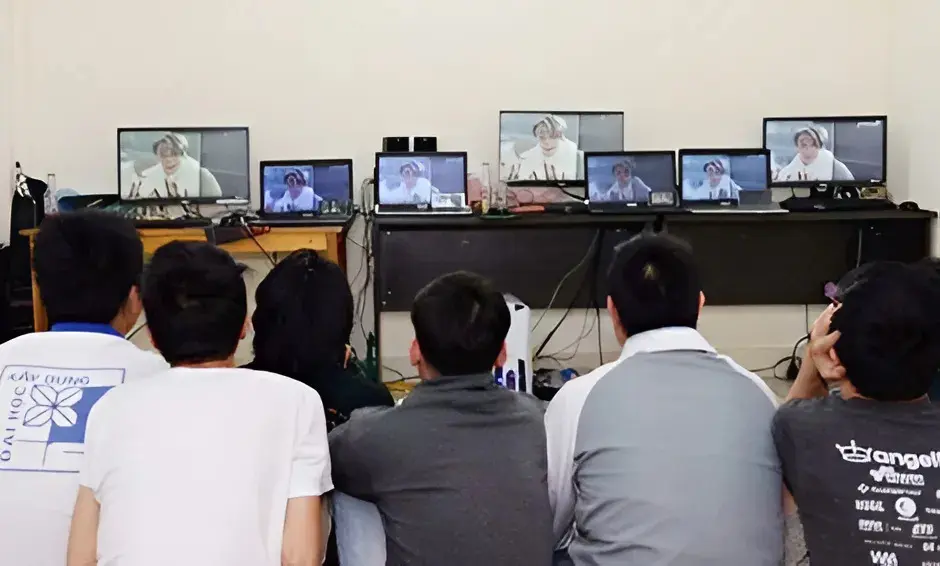K-pop has become a global cultural phenomenon, with fans at the core of its success. One of their most intense and distinctive activities is the “stream war”—the organized effort by fandoms to boost listen counts on platforms like YouTube, Spotify, and Melon. For fans, streaming is more than just listening; it’s a way to demonstrate their strength and loyalty to their idols.

The Stream War Campaign
Fandoms develop specific strategies: creating playlists, organizing shift schedules, and providing detailed guides on how to stream “correctly,” often using multiple accounts or VPNs to increase listens from various regions. On social media, “streaming guides” are widely circulated, outlining every detail: how long to wait before replaying a track, how to avoid being flagged as spam by the system, and how to maximize chart impact. These campaigns are tightly organized, resembling a real-life military operation in scale and coordination.
According to the Korea JoongAng Daily, a South Korean online news outlet, streaming guides recommend that fans set video quality to 480p or 720p, raise the volume above 50%, and loop playlists for extended periods.
High listen counts help songs enter international charts and attract media attention. Economically, they boost digital revenue, brand value, and an artist’s standing in the global music market. Many fans stream overnight when listeners of other genres are asleep; however, music platforms also have systems to detect valid listens, leading to instances where K-pop tracks with “inflated” counts appear on charts late at night but disappear by day.
The Dark Side of Fandom Wars
This intense competition also creates heavy pressure. Many fans feel burned out from continuously streaming for hours to maintain rankings. Some communities become toxic, criticizing or boycotting those who “don’t stream enough.” Critics argue that these figures don’t accurately reflect true popularity, but only the intensity of activity by a passionate fan group. In this context, music gradually becomes a race for metrics rather than an enjoyment.
According to a Billboard survey from 2025, 82% of K-pop fans in the US engage with K-pop music every weekday. One fan shared: “I remember being constantly distracted throughout the day checking to see if streaming was running. It interrupted my sleep. I know streaming day and night is interfering with real life, mentally and physically, but the pressure is strong online where fans gather.”
The hashtag #SayNoToStreaming appeared on X(Twitter) with international fans calling for moderation in streaming. Many fans expressed that they deliberately refrained from listening to other artists, even when they wanted to, to avoid interrupting continuous streaming for a favorite artist.
The phenomenon of streaming is planned to showcase the power of K-pop fandom and the operational mechanisms of fan communities, while also raising the issue of the boundary between supportive behavior and the pressure arising from achievement culture.